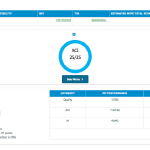Electronic health records, personal trackers, pedometers—all these technologies result in data, data and more data. What types of technology investments will help rheumatology practices collect and understand these data? Here are some insights into investing in technology for your practice…






